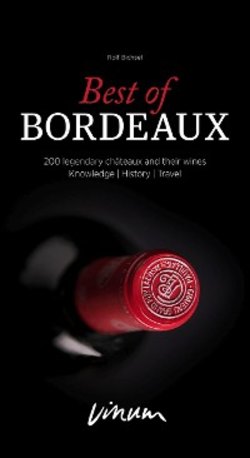Читать книгу Best of Bordeaux - Rolf Bichsel - Страница 13
Оглавление13
Fact and fiction
Ausonius went down in Bordeaux history because he scratched ‘Oh father-
land, famous for its vines' into a clay tablet, inscribed it on parchment or some
other material, and also noted in passing that he owned around 25 hectares of
vineyards alongside a few hundred hectares of agricultural land. This does not
mean very much, however, as no true Roman estate would have done otherwise,
as wine was a way of raking in extra wealth, prompting Diodorus Siculus to com-
ment in the first century BC: ‘The avaricious temperament of many Roman trad-
ers exploits the Gallic passion for wine. On the boats which follow the waterways
or by wagons which roll across the plain, they transport wine, from which they
make fantastic profits, going as far as trading one amphora for one slave, in such
manner that the buyer brings his servant to pay for the drink.'
The Roman scholar, politician and poet Decimus Magnus Ausonius was born
in Bordeaux in around 310 (other sources refer to Vasate or Bazas) and died after
a long career in 395 on his family's estate in la Réole in southern Gironde. There is
virtually nothing to associate him with Saint-Emilion. The legend that he owned
a winery there emerged in the 17th or 18th century, and I cannot help thinking
that there are prevailing mercantile and chauvinist interests in this interpretation
of history. Here are the facts: Ausonius's writings mention a villa called Lucani-
acus which ‘could rival a palace in Rome' and could apparently be reached from
Ausonius
